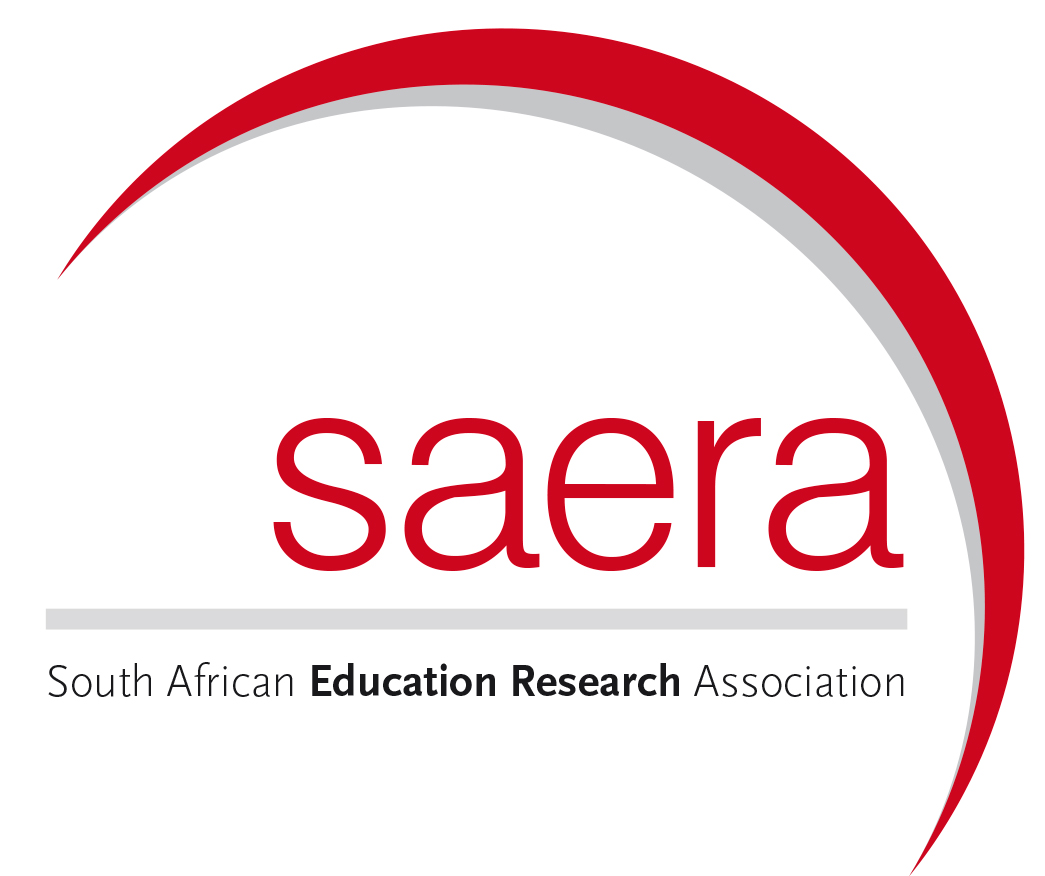Original Research
What literary studies can offer sexuality education: Pre-service teachers’ responses to an animated film
Submitted: 31 October 2021 | Published: 17 March 2022
About the author(s)
Andy Carolin, Faculty of Education, University of Johannesburg, Johannesburg, South AfricaAbstract
Background: Given the high levels of homophobia that exist in South Africa, including in its schools and universities, it is imperative that university lecturers develop integrated and transdisciplinary curriculums to educate pre-service teachers about sexuality and to empower them to incorporate lesbian, gay, bisexual, transgender and intersex (LGBTI)-inclusive resources into their own classrooms.
Aim: This study aimed to contribute to the scholarship of teaching and learning by reflecting on how English literary studies can contribute to sexuality education.
Setting: The context for this study is a specific undergraduate English module that forms part of the foundation phase and intermediate phase teacher education curriculums at the University of Johannesburg.
Methods: This study is a self-reflective analysis of how the methodology of close reading, which is central to English literary studies, can be used to support sexuality education.
Results: Despite the prevalence of homophobia in South African society, when undergraduate students in this English module (n = 356) were asked to write an essay about the representation of same-sex sexuality in a short animated film, none of them made homophobic comments.
Conclusion: Paying particular attention to the analytical methodology of close reading, the author argues that a narrow focus on the storytelling techniques used within a narrative text – in a way that deliberately excludes students’ personal opinions about same-sex sexualities – offers a powerful way of facilitating a deeper understanding of the mechanisms of homophobia and heteronormativity.
Keywords
Metrics
Total abstract views: 2968Total article views: 3141
Crossref Citations
1. Using queer critical literacies in pre-service teacher education to foster critical allyship
Grant Andrews
Pedagogy, Culture & Society first page: 1 year: 2024
doi: 10.1080/14681366.2024.2340628
